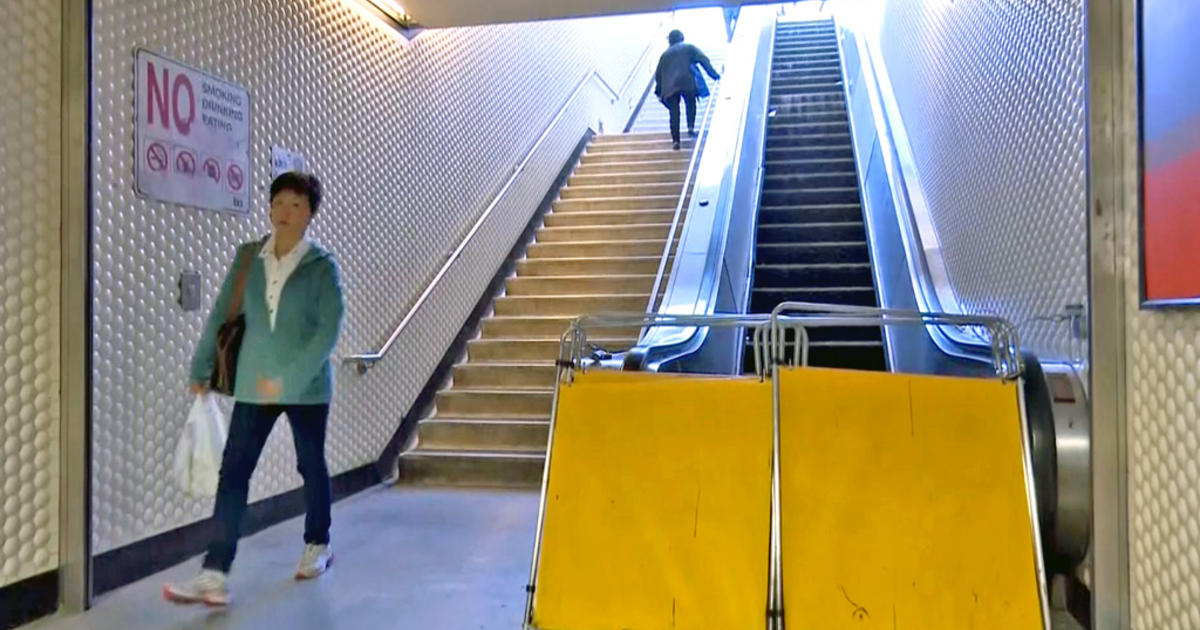9th Circuit Court Reinstates Child Labor Lawsuit Against Nestle, Cargill
SAN FRANCISCO (CBS SF) – A federal appeals court in San Francisco on Tuesday for a second time reinstated a lawsuit against two corporations by six citizens of Mali who say they were forced to work as child slaves on cocoa plantations in Ivory Coast.
The 9th U.S. Circuit Court of Appeals said the plaintiffs could sue Nestle USA Inc. and Cargill Inc. for actions originating in the United States that allegedly aided and abetted child slavery.
The six anonymous workers allege that those corporate actions include giving cocoa farmers and cooperatives extra money amounting to kickbacks and sending inspectors from their U.S. offices to Ivory Coast, who reported back on the financing arrangements.
"The allegations paint a picture of overseas slave labor that defendants perpetuated from headquarters in the United States," Senior Circuit Judge Dorothy Nelson wrote for a three-judge panel.
Nelson also wrote, "Child slavery on cocoa farms in the Ivory Coast, where 70 percent of the world's cocoa is produced, is a pervasive humanitarian tragedy."
The Mali citizens say they were taken to plantations when they were between 12 and 14 years old, forced to work up to 14 hours a day six days per week, locked up at night and beaten and whipped when overseers thought they weren't working hard enough.
They filed the lawsuit in federal court in Los Angeles in 2005 under the terms of the Alien Tort Statute of 1789, which allows foreign citizens to sue in U.S. courts for acts committed in violation of the law of nations.
In an earlier ruling in 2014, the 9th Circuit said the lawsuit could proceed because a prohibition against slavery is a universal international norm.
In April of this year, however, the U.S. Supreme Court narrowed the scope of the Alien Tort Statute by saying that foreign citizens could not sue foreign corporations under the law in U.S. courts.
In Tuesday's decision, the appeals court said the plaintiffs could nevertheless continue to sue for alleged conduct within the United States that aided and abetted of slavery.
The "foregoing narrow set of domestic conduct is relevant to the Alien Tort Statute's focus," the court said. The panel ordered the plaintiffs to amend the lawsuit to remove foreign corporations as defendants, such as Nestle USA's Swiss-based parent company, Nestle SA.
The appeals court overturned a federal trial judge's dismissal of the case.
Paul Hoffman, a lawyer for the plaintiffs, said, "It is a wonderful victory for our clients. We do intend to amend our complaint and we believe that the court has provided the principles that will allow us to get to trial.
"The decision also indicates that there are still important cases to be brought under the Alien Tort Statute," Hoffman said.
Nestle USA, based in Virginia, and Cargill, based in Minnesota, both issued statements saying they are considering appeals and that they do not tolerate child slave labor.
Nestle said company officials were "assessing our appellate options."
"Forced child labor is unacceptable and has no place in our supply chain. We have explicit policies against it and are working with other stakeholders to combat this global social problem," the company said.
Cargill stated, "Since this case was initially filed in 2005, Cargill has maintained that the allegations are without merit. We continue to strongly refute the unsubstantiated claims, as we do not tolerate the use of human trafficking, forced labor or child labor in our operations or supply chains.
"We...intend to consider all legal options, including appeal, to continue to defend against these unproven allegations," it said.
© Copyright 2018 CBS Broadcasting Inc. and Bay City News Service. All Rights Reserved. This material may not be published, broadcast, rewritten or redistributed.



